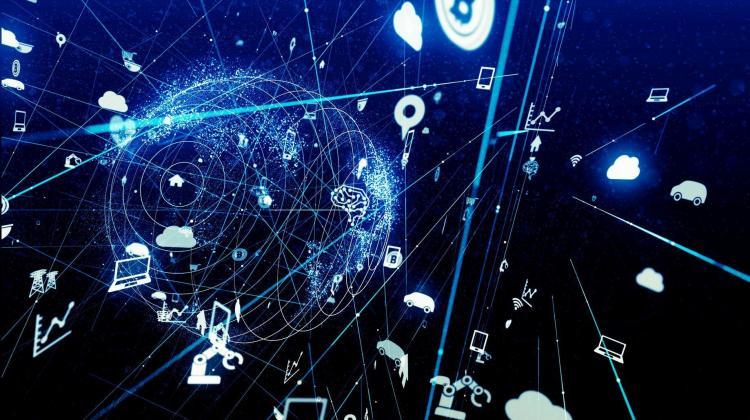Pioneering lab established at Opole University of Technology
 Credit: Fotolia
Credit: Fotolia
A ‘pioneering’ laboratory that allows students to work remotely on several stations based on microcontrollers using Internet of Things technology has been launched by researchers from the Opole University of Technology.
Professor Sebastian Brol from the university’s Department of Vehicles said: “While I have heard about interesting remote laboratories in Poland and abroad, which use various types of computers and software such as Matlab, LabView, WebLab, LaboREM, Open LabsEL, NETlab, VirtuAlLab or MIT iLab, I have not heard about a laboratory based on microcontrollers, which, apart from controlling the station's devices, would send information over the Internet, be integrated with streaming of live image from each station, and a technical support system capable of displaying instructions for exercises.
“What's more, the laboratory's stations are located in vertically and horizontally special arranged +boxes+ with built-in power, IT and heat exchange systems. Therefore, our solutions can be considered a unique undertaking.”
To take part in a class, students log into a website where a screen shows camera view on the devices that they will work with, for example, the task at one of the stations is to program sequential control by introducing subsequent values to then assess its effectiveness.
The camera shows the results of the student's work and whether the parameters entered correspond to the intended control task. The remote laboratory enables the students to control devices installed at the stations that are physically located in the Department of Vehicles.
The creators of the laboratory initially created one station using the Internet of Things (IOT) technology and a microcontroller. The effects of the pilot project turned out to be so good that they decided to build seven stations. Some of them were created for high school students interested in learning methods at Opole university.
PAP - Science in Poland, Marek Szczepanik
masz/ mok/ kap/
tr. RL
Przed dodaniem komentarza prosimy o zapoznanie z Regulaminem forum serwisu Nauka w Polsce.


















